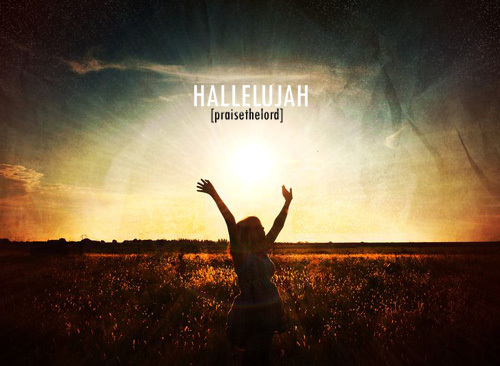
Thoughts on Today’s Scriptures
We often imagine July as a month of sun soaked barbecues, community celebrations and a different pace focused around the patriotic notions of freedom and justice for all. But what do those words mean for us in general, in our daily life, and for us as followers of Jesus? The famous modern American writer David Foster Wallace described the human condition as daily crises and chronic disillusionment, warning us against the danger of succumbing to solipsism, that’s to say self-absorbed or self-referential, thinking that there is nothing of value outside of our experience and perspective. In his writing Wallace invoked the existential values of compassion and mindfulness as powers to resist this dehumanizing disillusionment.
“The really important kind of freedom involves attention, and awareness, and discipline, and effort, and being able truly to care about other people and to sacrifice for them, over and over, in myriad petty little unsexy ways, every day. . . . The only thing that’s capital-T True is that you get to decide how you’re going to try to see it. You get to consciously decide what has meaning and what doesn’t. . . . The trick is keeping the truth up-front in daily consciousness.” – David Foster Wallace
In our age of partisan division, political disillusionment and politicized civic estrangement, it’s all too easy for us to either minimize and reject the experience of others, who differ from us. Or, we feel isolated and alienated, feeling that we are getting the short-end of the stick, not knowing the justice of God promised to us in Biblical scripture.
We’re working through the Psalms this summer, connecting with their vocabulary of Orientation – Dis-orientation and Re-orientation, as language with which we can talk about our own faith journeys. Which brief, Psalm 113 paints a complexly concise vision of God’s sovereignty and justice-doing love. God is in the world, inviting us outside of ourselves in the daily crunch of disappointment and frustration. That theme of freedom and justice is developed throughout scripture, in particular in Mary’s psalm of praise which we call the Magnificat in Luke 1:46-55. How do we respond to the injustice and lack of freedom we often experience in life? Do we choose despondency, depression, despair, cutting ourselves off from the world, going into ourselves alone, or something else? As we age, we discover that our living isn’t merely a black and white dualistic choice. Rather one of shades of grey. How do we praise God (the word hallelujah in Hebrew) in the grayness of our lives?
Questions for the practice of Examen & Contemplation
- What strikes or shimmers for you in these passages ?
- What images to you hear in the scriptures of justice & love?
- How do you long to know God’s loving justice?